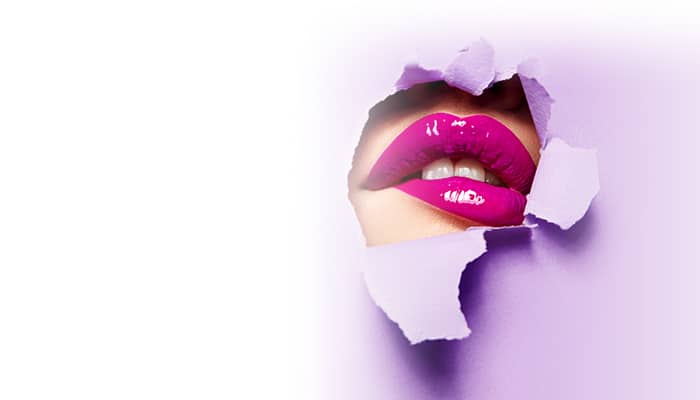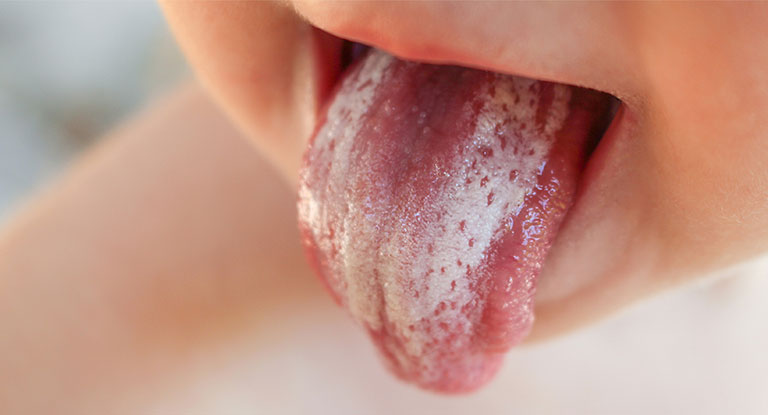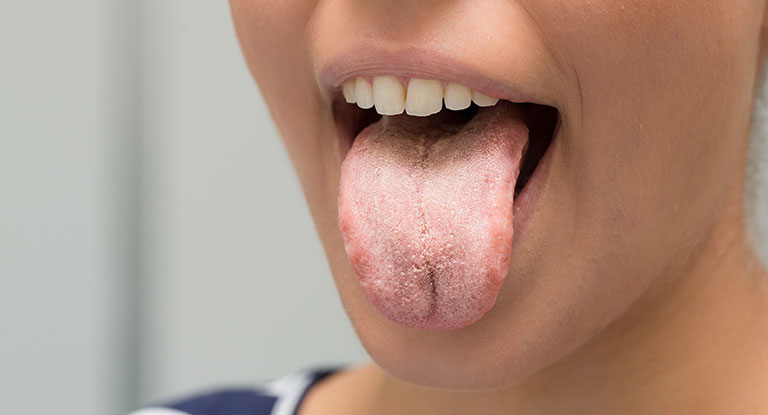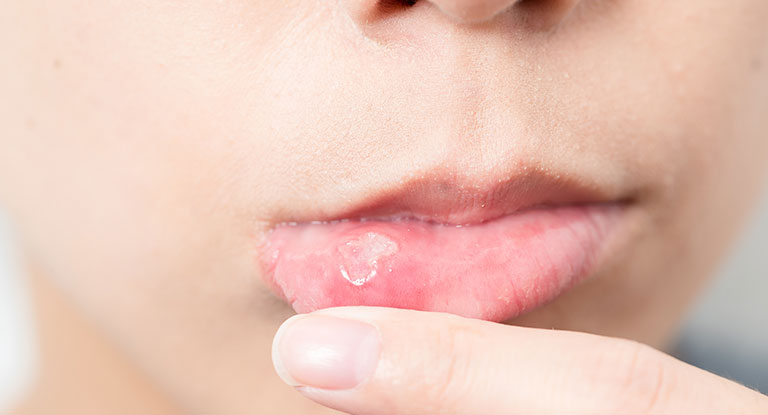

Oral Thrush (also known as oral candidiasis or oropharyngeal candidiasis) is a fungal infection of the mouth. This mouth yeast infection which occurs most often in infants & toddlers is known to cause yellowish or whitish bumps on the inside of the cheeks and the tongue.
Oral Thrush is a mild oral condition that usually resolves with or without treatments. In persons with weakened immune systems, the fungi can spread to other body parts leading to potentially severe complications.
Oral thrush may not manifest any symptoms in its early stages, but as it worsens, some of these symptoms may develop:

Candida albicans are found naturally in the guts and mouth where they live in, without causing a problem. Oral thrush can occur when there are several multiplications of these fungi in the guts. This could happen due to the following reasons:
Babies, infants, toddlers, young children and the older citizens are at greater risk of developing oral thrush.
People who are suffering from certain medical conditions such as HIV, Iron Deficiency, Vitamin B12 deficiency and Hypothyroidism are also at high risk of getting oral thrush.
It is possible to pass the Candida albicans fungi through kissing to someone who is not affected. The person might likely develop the condition afterwards.
The fungus can be passed from your mouth to other parts of someone else’s body. Candida albicans can cause yeast infection of the vagina or penis through oral, anal or vaginal sex.
During pregnancy, if the mother has a vaginal yeast infection, the fungus can be passed potentially to the baby during delivery. It can also be transmitted during breastfeeding if the mother has breast yeast infection or nipple yeast infection. Babies can also transfer the fungus to their mothers during breastfeeding if they have oral thrush.
When the fungus C. Albicans is transferred from a person to another, it does not always cause oral thrush, but because of how common these fungi are in our environment, a yeast infection can be developed without being infected by someone else.

Through a simple physical examination of the bumps in your mouth, our dentist at Harley Street London might be able to diagnose oral thrush.
Our dentist might need to take a biopsy of the affected area of your mouth to confirm the diagnosis made. To do this, a small portion of the bump will be scraped from your mouth. A throat swab culture or endoscopy might be used to confirm if you have oral thrush in your oesophagus.
This sample will be sent to a medical laboratory to be tested for the presence of Candida albicans.
Oral thrush can be treated successfully through the use of antifungal medications which could be in gel, liquid, capsules or tablets forms. Your doctor will prescribe one or more of these antifungal medications to treat your oral thrush:
Once treatment commences, oral thrush should subside in few weeks. However, it can reoccur in some people.

You can prevent oral thrush or instead reduce your chances of developing it by practising the following tips:
Some home remedies might help relieve oral thrush symptoms.
When you experience any symptom of oral thrush, there is need to get immediate care. You can rely on our dentists at Smile Works Dental to provide effective treatment for oral thrush.
You can walk into our dental clinic at Harley Street, London. You can also call us on 020 71834091 to book an appointment with our dental team.